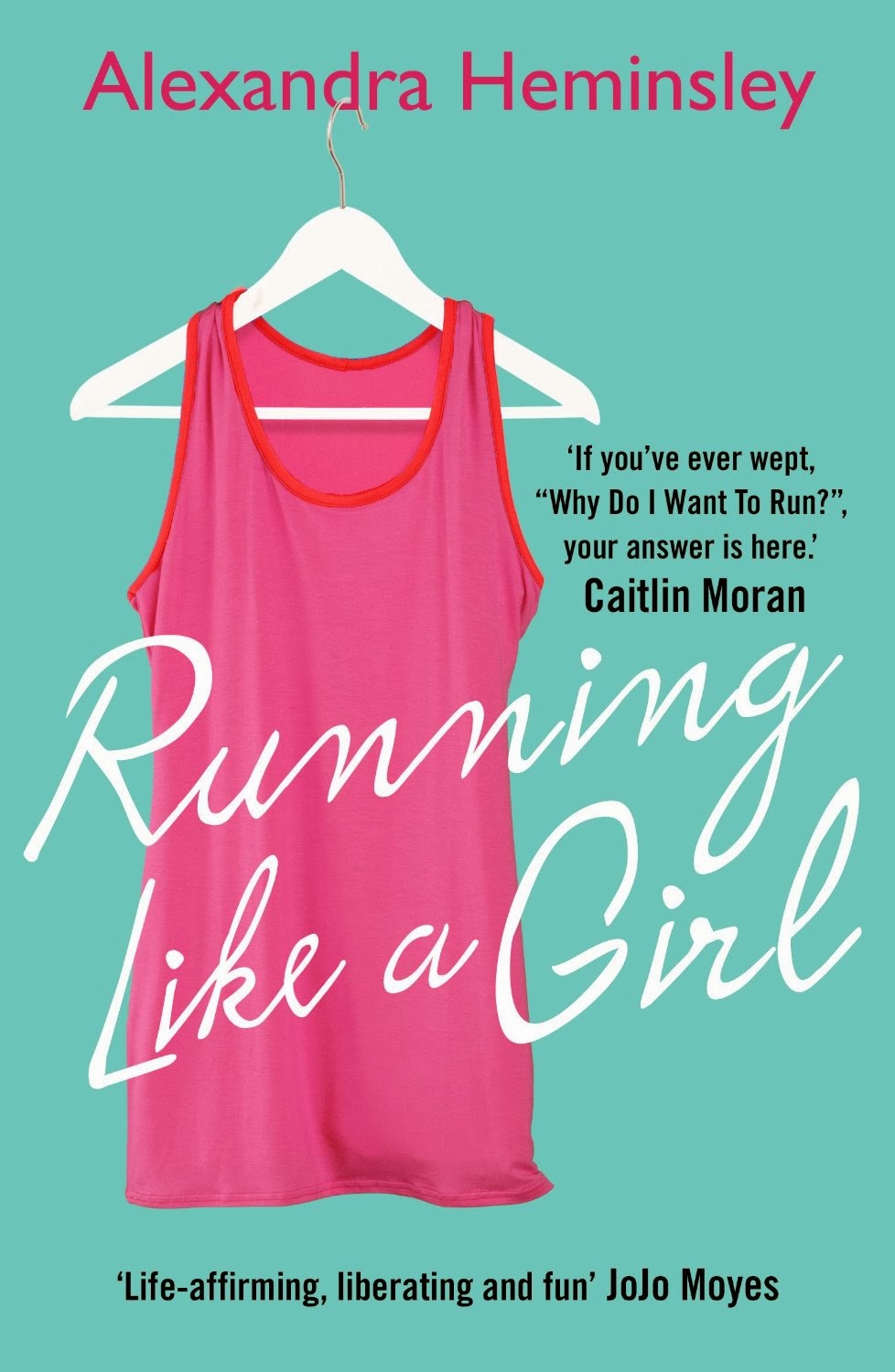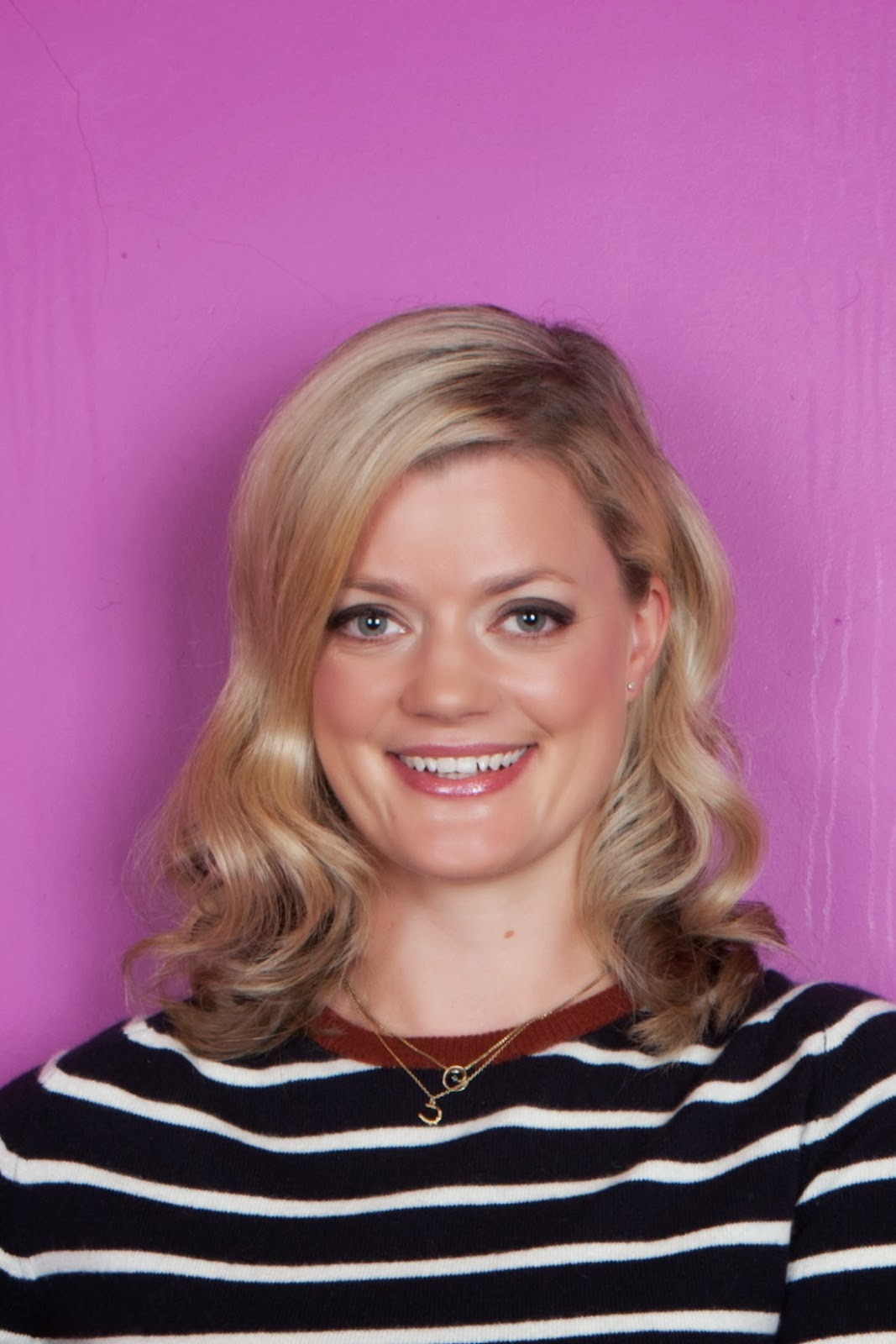What are the must-haves for a writer's website?
Some writers create their website in order to achieve their ultimate goal; which is mainly reaching their target audience and get people to read their site content and maybe to have their books sold to them. While it’s easy and quickly to set up a website, it is important for writers to remember that a website represents who they are and what they have to offer.
 |
Photo by Green Chameleon on Unsplash
|
- About/Bio Page: To have a bio and links to online social media pages. A writer needs to create a separate page with a more detailed bio and a professional author photo.
- Portfolio Page: A page of portfolio of work detailing any work a writer has made and always include links to where the writer's work can be read or purchased. Also, writers might have a separate page for books and products/services, or they might combine everything in a single page if there is only a few things.
- Blog: A blog platform is highly recommended to keep readers coming back to the writer website. It should be updated regularly with articles relating to writing experiences and journeys.
- Email newsletter: A writer needs to start collecting email subscribers to stay in touch with readers who visit their site. Whether they send it once a month or once a week, Email newsletter is always a great way to keep writers audience comping back to the website.
- Contact page: It is a vital part of a website, so writers should take a good amount of time to make it excellent! Make it as easy as possible for someone to get your contact details because visitors might be potential clients, they will more than likely want to contact a writer at some point time.
How does one keep it fresh?
The single most important thing a writer needs to have to do when creating their first unique website is posting regular content, because often updated blogs do perform well against inconsistent ones. It's a no-brainer that once a writer abandons their website, their audience would stop visiting the website and they would see a drastic decrease in terms of website traffic. That said, writers should keep their blog as fresh as a daisy by adding fresh content and updating old blog posts. To do so, consider using these tips:
- Decide on a blog posting frequency, it may be every other day or once a week. Whatever you decide, let your readers know so that they can expect when you're going to post a new content.
- Accept that there will times when you don’t have time or just won’t feel like updating your blog. Then prepare for it and take advantage of the option to schedule posts in advance.
- Always keep your eyes out for new content by visiting regularly other related author sites. What are they doing? You’d be surprised how many times you would find something relevant to your own website.
- Encourage readers to comment on your blog posts or to contact you. You'd be wondering how that will help you maintain your blog. Your readers are sometimes the best sources of new content so keep interacting with as much as possible.
- Make sure your site is up to date with your current book information and as mentioned above always include links to where your hard work can be read or purchased.
- Check your site stats, by using a tool to check your website statistics, you’ll start collecting data on your website traffic, your will see the most popular content, and how your visitors navigate or use the site. For instance, if you find out one section of your site that is popular, consider rewriting and expanding that section to offer more.
 |
Photo by José Alejandro Cuffia on Unsplash
|
What sort of things should writers avoid?
- Start Fast and Expect better Results: You know your schedule and abilities better than anyone else, so don’t try posting every day. Start out by posting weekly until you get your feet wet then you can increase your posting.
- Limit your word count: If you have got something to say, write it. Readers prefer to read comprehensive content (More than 500 words). This doesn’t mean you can’t feature shorter pieces, of course you can but when the time is right, go long.
- Make grammar mistakes: If you ever want readers to take you seriously, you have to take your website seriously. So if you do grammar mistakes, correct them as soon as possible. Give your website the professional quality it deserves.
- Be negative: It’s generally unacceptable to be negative when writing your blog posts, you will develop your professional career as an author by being positive, inspirational and supportive to the community that you’re writing to.
- Avoid trying new things: It’s important to let your blog evolve over time and take risks from time to time. Whether it’s adding infographs or personal stories or guest bloggers. If you feel it can add value to your blog, do it and don't be afraid.
Any top tips for authors who have never created a website before?
A website is your most critical tool for book promotion and long-term platform development. When you create your very first website, consider doing it right. These tips listed below will help you launch your website effectively.
- Know the audience you're targeting and get ideas from other relevant authors.
- Be consistent, once you get going on, consistency is key. Try to keep you blog updated by posting at least once a week.
- Write catchy headlines and don't be shy to ask your audience to share your content on social media.
- Create good content that keeps your readers coming back over and over.
- Monetize your blog with products and services that are related and valued to your content and your readers.
- Build your email list and start sending your subscribers email about your blog.
- Build a community, start engaging on other blogs/forums in your niche, and include a link to your blog every time you post a comment.
 |
Photo by Markus Spiske on Unsplash
|
Creating a website was once a tricky and expensive process. Fortunately, nowadays we have website builders who come into play and have made it easier than ever to create a stunning website without any knowledge of coding. It allows anyone and everyone to create a great website under just an hour.
Website Builders have a handy feature that shows you exactly what your site will look like as you're editing it. As you edit your site in the back-end, it's a matter of drag and drop to build the ideal website, this means that anyone can create a website, even without past experience of doing so.
Thank you, Robert, for such practical advice.
For more information on which website-builder to use, read the results of Robert's research in https://







